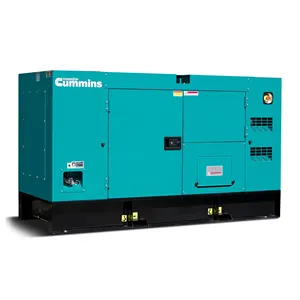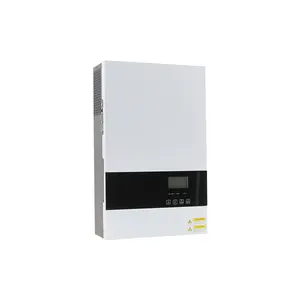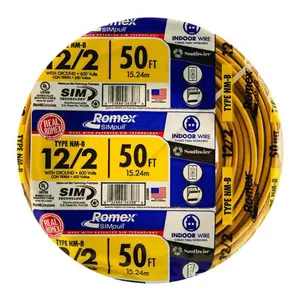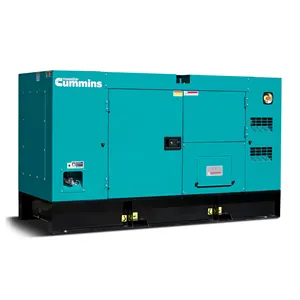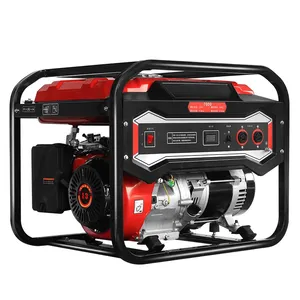Popular in your industry







































































































































































Top categories
About beta counter
Exploring Beta Counters: A Comprehensive Guide
Beta counters are sophisticated devices used for measuring beta radiation, a type of ionizing radiation emitted by certain types of radioactive materials. These instruments are essential in various fields, including environmental monitoring, healthcare, and scientific research, providing critical data on radiation levels.
Types of Beta Counters
Geiger counter alpha beta gamma and alpha beta counter models are among the most common types of beta counters. These devices are capable of detecting different types of radiation, making them versatile tools for comprehensive radiation measurement. The beta scintillation counter is another variant, known for its sensitivity and specificity in detecting low-energy beta radiation. For more specialized applications, the gross alpha beta counter and alpha beta low level counter are designed to measure low levels of alpha and beta radiation with high precision.
Applications and Features
Beta counters are utilized in a variety of settings. Environmental agencies employ these devices to monitor and assess the safety of habitats potentially affected by radioactive contamination. In healthcare, beta counters ensure that medical equipment and environments are within safe radiation levels. The geiger counter for alpha beta gamma radiation is particularly useful in educational settings for demonstrations and practical learning experiences.
The features of beta counters vary depending on their intended use. A tennelec alpha beta counter, for instance, is designed for laboratory use, offering high accuracy and the ability to measure low-level radioactive contamination. These counters often come with digital displays, user-friendly interfaces, and data logging capabilities to track radiation over time.
Materials and Advantages
Beta counters are constructed from materials that ensure durability and reliability. The detection components are often housed in robust casings to protect sensitive electronics from environmental factors. The advantage of using beta counters lies in their ability to provide rapid and accurate measurements of radiation, which is crucial for maintaining safety standards and regulatory compliance.
Choosing the Right Beta Counter
Selecting the appropriate beta counter depends on the specific requirements of the task at hand. Factors to consider include the type of radiation to be measured, the sensitivity required, and the environment in which the device will be used. It is important to review the specifications of each model to find a counter that aligns with the user's needs.
Alibaba.com, as a global B2B marketplace, connects buyers with a diverse range of suppliers offering various types of beta counters. By browsing the platform, buyers can compare different models and features to find a suitable device for their professional requirements.
